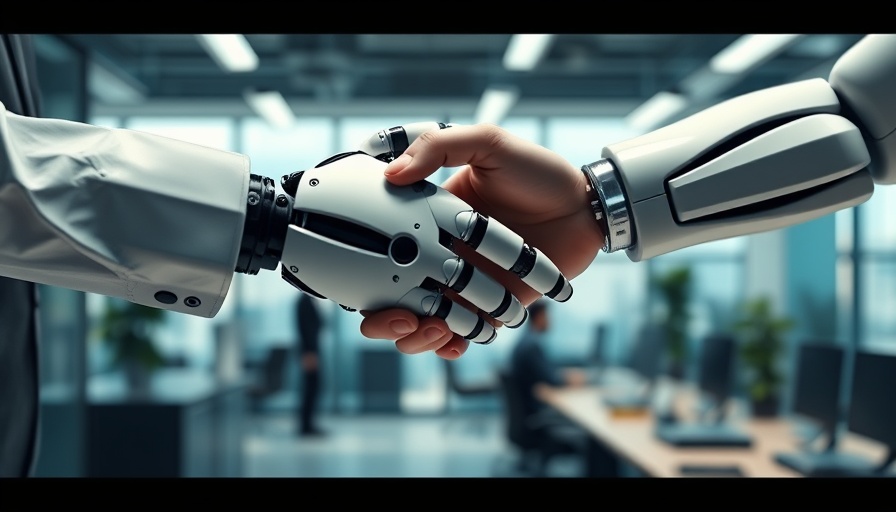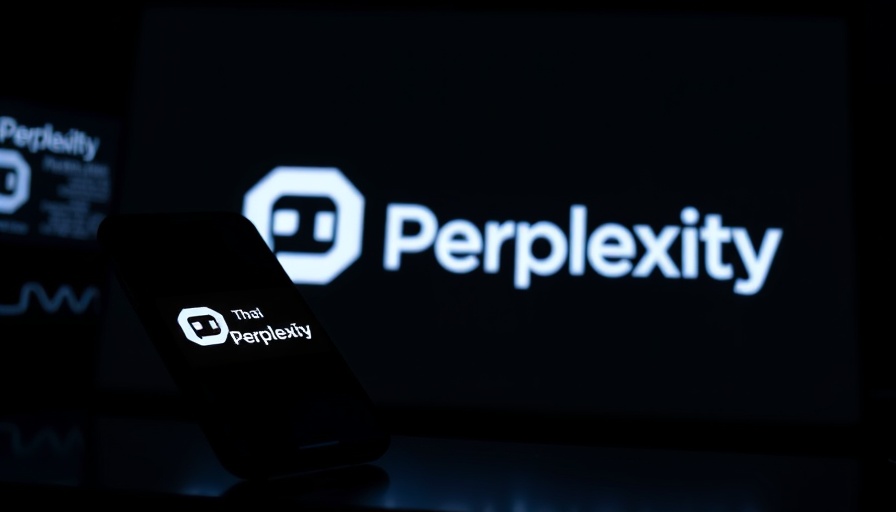
The Rise of Model Context Protocol in Enterprise AI
In the rapidly evolving landscape of enterprise AI, two groundbreaking methodologies are starting to take center stage: Model Context Protocol (MCP) and Agent-to-Agent (A2A) communication. These innovations are not merely technical specifications; they represent a paradigm shift in how AI systems operate, allowing for more efficient data integration and communication between AI agents. In the podcast from Worldwide Technology titled Model Context Protocol (MCP) and Agent-to-Agent (A2A): The Future of Enterprise AI, industry experts Sally Jenovich and David Getth discuss the implications of these developments for businesses.
In the podcast Model Context Protocol (MCP) and Agent-to-Agent (A2A): The Future of Enterprise AI, the discussion dives into groundbreaking advancements in AI communication, prompting deeper analysis on their transformative potential.
Understanding MCP and A2A: The Basics
At its core, MCP is a standardization framework. It allows AI agents to communicate effectively while accessing various tools and data sources. The protocol ensures that these tools are integrated in a modular and reusable manner, improving the efficiency of AI interactions. A2A, on the other hand, facilitates communication between different AI agents, empowering them to share data seamlessly. This collaboration can streamline processes in environments where multiple AI systems operate concurrently.
Benefits of Standardization in AI Integration
The significance of standardized frameworks cannot be overstated. MCP and A2A make it significantly easier for organizations to design complex systems where AI agents can work collaboratively—akin to multiple departments in a large corporation sharing crucial information in real time. For enterprises, this means that tasks like customer support and inventory management can be automated and improved, leading to operational efficiencies and cost savings.
The Future of AI: Scalability and Security
As AI technology advances, scalability becomes crucial. Hundreds or even thousands of AI agents and servers may be needed to support complex tasks. However, with growth comes the challenge of security. Experts warn that with more integration points, there is an increased risk of exposing sensitive data. Thus, organizations adopting MCP and A2A must prioritize security—ensuring data transactions are encrypted and proper authentication is implemented for each server.
In conclusion, the emergence of MCP and A2A heralds a new era in enterprise AI where collaboration and efficiency are paramount. As businesses look to leverage these standards, the road ahead will involve significant investment in both technology and human resources, ensuring organizations are equipped to adapt to this technological transformation.
 Add Row
Add Row  Add
Add 




Write A Comment